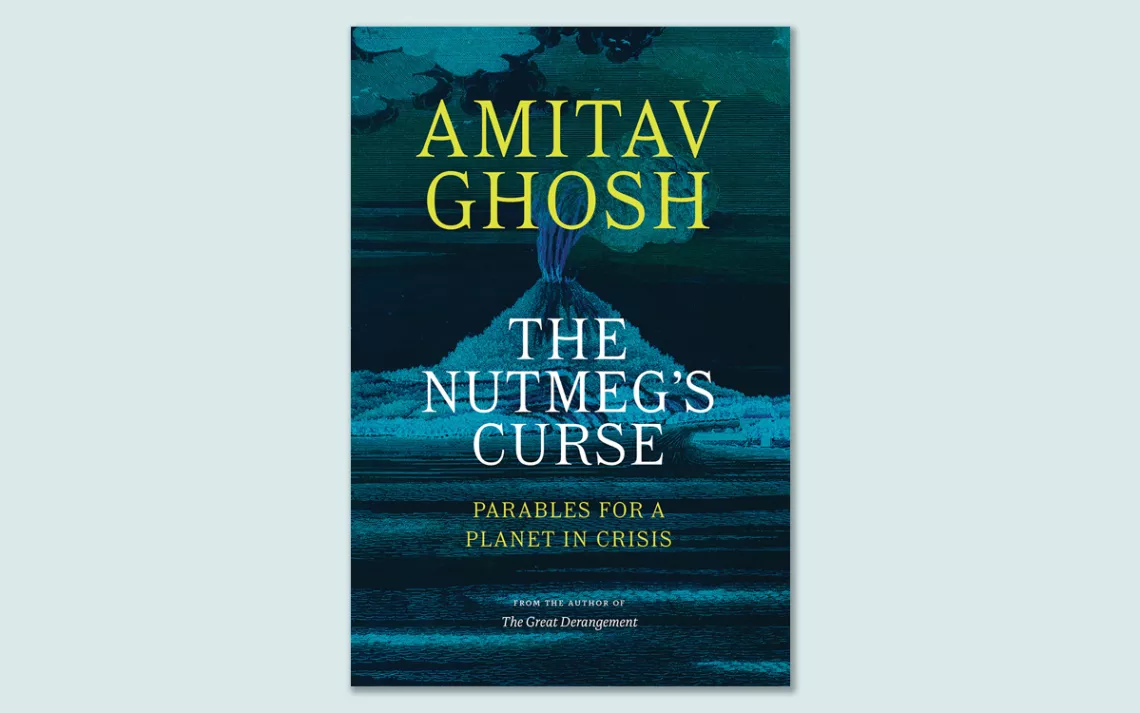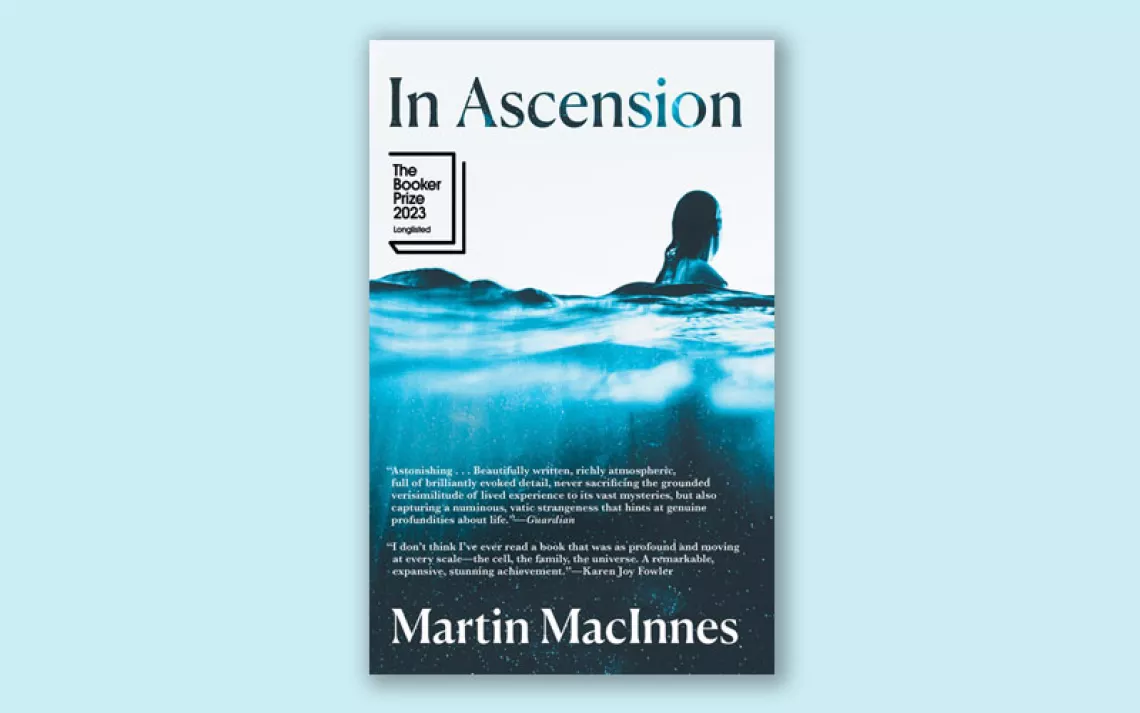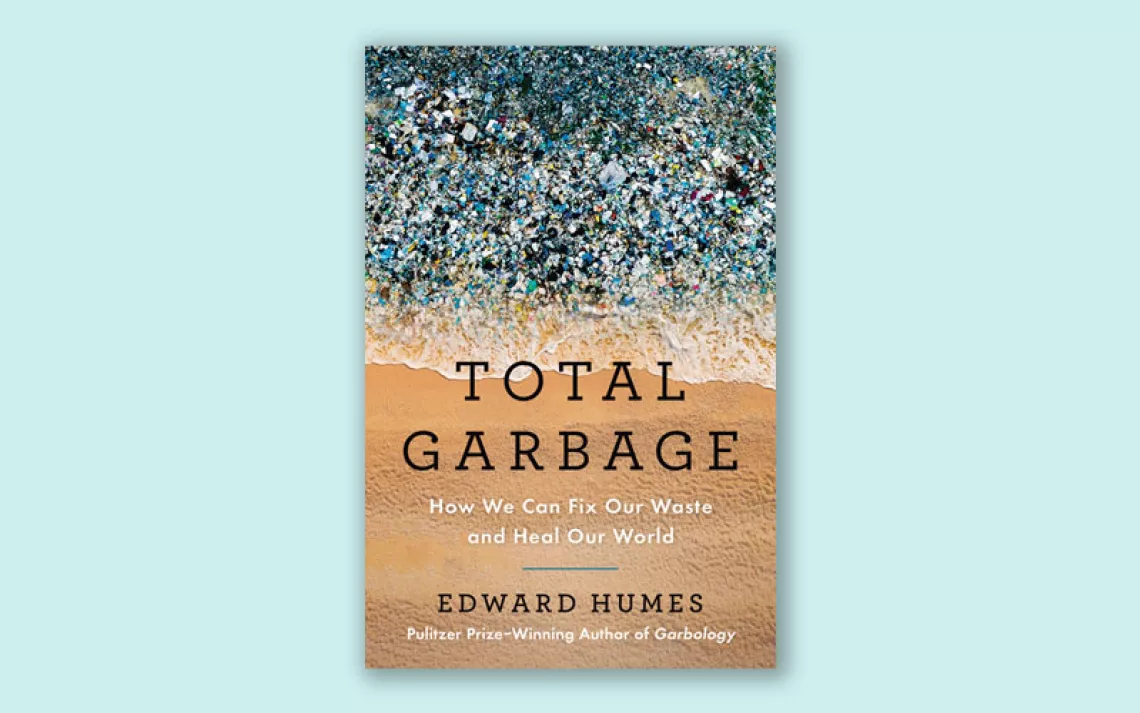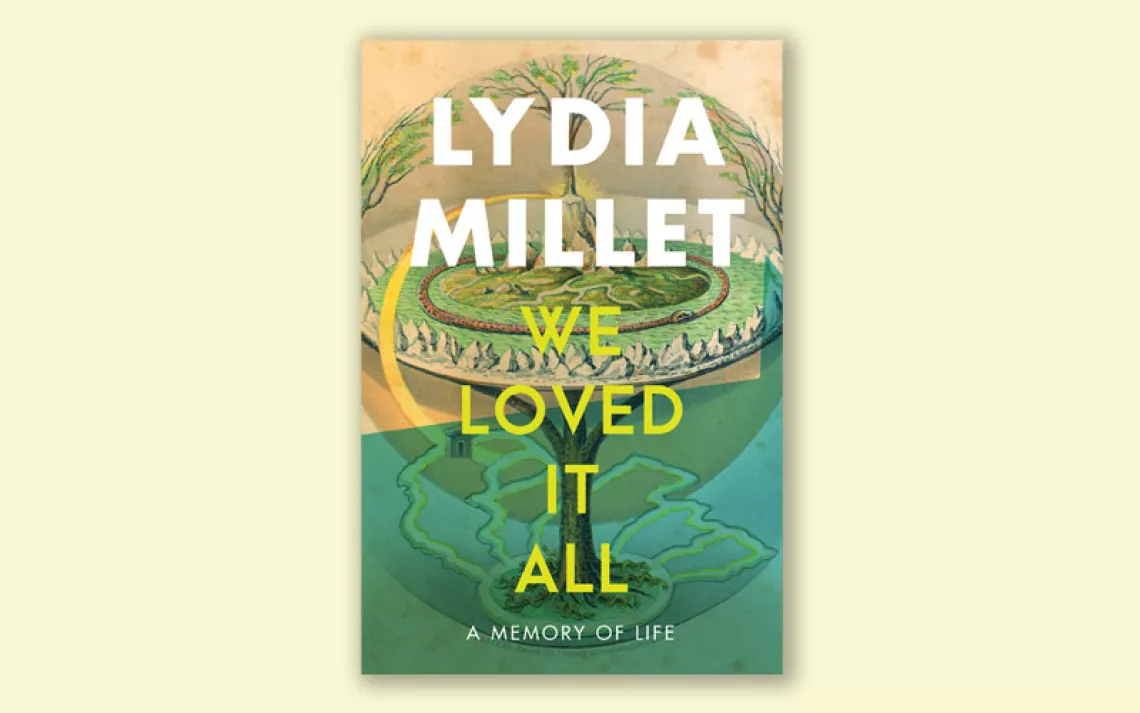The Climate Crisis in a Nutmeg
Amitav Ghosh's "The Nutmeg's Curse" offers an antidote to capitalism run amok

In 1621, two years after the first enslaved Africans arrived at Jamestown, the Dutch were locking down the lucrative nutmeg trade in the Banda archipelago of what is now Indonesia. Panicked by the chance fall of a lamp while they slept, functionary Martijn Sonck and his men fired their guns randomly into the night. Thus sparked a colonial conflagration in which the native Bandanese were massacred or enslaved and their idyllic island was converted into a plantation. In their zeal to monopolize the spice, which Europeans believed to be a remedy for the bubonic plague, the Dutch vainly attempted to extirpate nutmeg trees from neighboring islands. Seeds smuggled to Barbados and Connecticut—soon to be nicknamed the Nutmeg State—broke the monopoly, and Europeans lost their taste for the spice anyway, fearing sexual overstimulation.
From this original sin, Amitav Ghosh spins his inventive, exhilarating The Nutmeg’s Curse: Parables for a Planet in Crisis (University of Chicago Press, 2022). He describes the colonial project—in Banda, in North America, and elsewhere—as one of building "a new economy based on extracting natural resources from a desacralized, inanimate Earth." That required the application of what sci-fi fans now know as "terraforming"—in these cases, altering lands considered sacred by their Indigenous inhabitants via genocide and other forms of physical and biological violence. Defeating the Plains tribes in North America, for example, required obliterating an ecosystem via the slaughter of 15 million buffalo: "The destruction of one required the destruction of the other."
Ghosh sees the antidote to capitalist, racist violence in a renewed belief in a vital, sacred planet. He sees elements of it in Indigenous beliefs, James Lovelock’s Gaia hypothesis, attempts to grant legal standing to rivers and landforms, and the teachings of Saint Francis, "the most shamanic of Christian saints." To save the planet, Ghosh argues, we need to make common cause with the earth’s nonhumans.
 The Magazine of The Sierra Club
The Magazine of The Sierra Club






